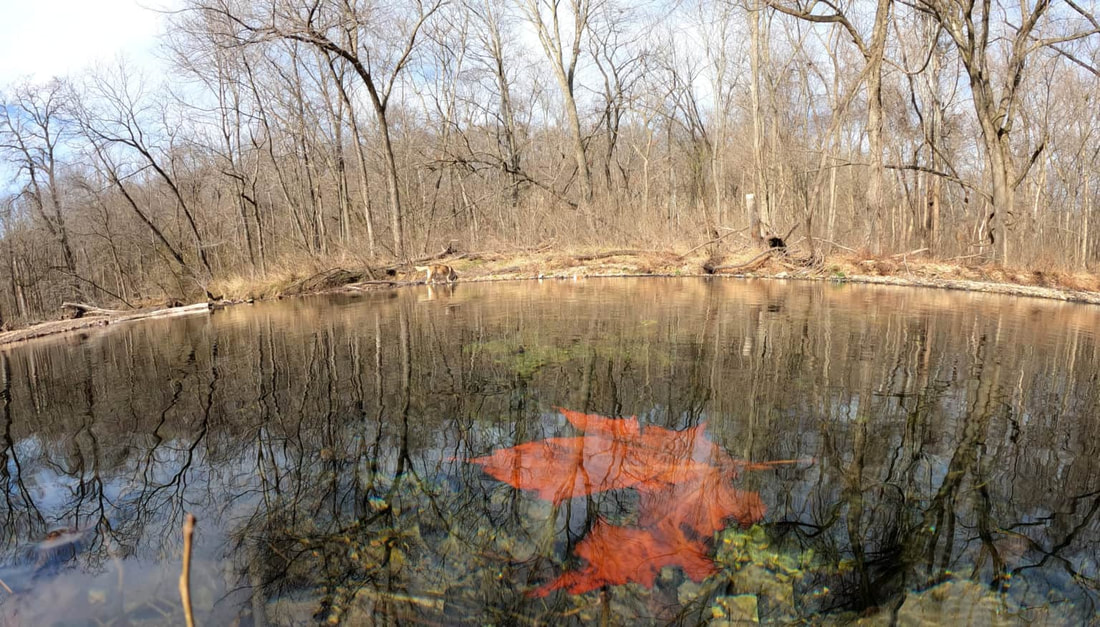Suit challenged groundwater permits issued for poultry operationsBy KELLY BOSTIAN
For the CCOF A Delaware County District Court ruling last week put a permanent end to a groundwater use permit shortcut that had been used by the Oklahoma Water Resources Board to help launch large poultry farming operations. The summary judgment, issued by Judge Barry Denney, put an exclamation point on the court’s February 2020 temporary injunction that found the Water Resources Board failed to follow state law when issuing the groundwater use permits in eastern Oklahoma. It is the second ruling in a line of suits brought by Delaware County residents and the Indian Environmental Law Group of Tulsa that could potentially force state agencies into full consideration of Oklahoma Water Quality Standards before granting any groundwater permits. The case springs from the construction of a farm immediately across the road from several Delaware County residents without notice in 2018. It was a common issue across the region after Simmons Foods announced plans for a new and expanded chicken processing facility in Gentry, Ark., in 2017. Dozens of new operations began construction using 90-day Provisional Temporary Permits to tap groundwater for wells. The provisional permits do not require public notice. When the farm applied for its long-term permit, public notice was issued and the neighbors objected to that long-term permit and brought in legal help as they realized the farm was already set for full operation because it had been granted a string of 90-day permits. “Essentially this new ruling makes that temporary injunction permanent. We wanted to keep that injunction in place on a permanent basis,” said attorney Matthew Alison with Indian and Environmental Law Group. Two violations The judge’s finding states the OWRB was violating state statutes in two ways, by serially issuing the provisional 90-day permits, and by failing to consider potential water quality impacts as dictated by the Water Quality Standards Act. Alison said he wanted to be clear that the 90-day permits are not an issue when used as the law allows for the 90 days. The OWRB declined to comment on the matter “until all litigation on this issue is complete.” The judge also said the agency is falling short of demands set by the state’s Water Quality Act and on its own regulations that reflect the act. “In considering the issuance of a permit of any kind, the OWRB must ensure compliance with its Water Quality Standards Implementation Plan. In addition, the OWRB must undertake a meaningful anti-pollution review and a review of the impact of the amount of water to be used on adjoining landowners prior to groundwater permit issuance to protect against pollution of surface or groundwaters and excessive use of groundwater,” Denney wrote. Long-term issues Alison said the bigger issue is long-term water quality and a community that is caught between administrative practices of the OWRB and the Oklahoma Department of Agriculture Food and Forestry which permits the placement of the houses. “This case is indicative of what are widespread shortcomings of the agencies and raises how they will address these concerns with the community going forward,” Alison said. “The OWRB knew the community was concerned about this and the potential water quality impacts but they haven’t done anything and they have issued the permits.” Residents of the area have complained repeatedly that the OWRB has pointed to the Department of Agriculture as the agency overseeing water quality on these operations while the agriculture department has stated the opposite, Alison said. The firm represents another group, the Spring Creek Coalition, that has a similar suit raising similar arguments against the Department of Agriculture, Alison said. “I don’t particularly care and our clients don’t particularly care whether the Water Board is doing it or whether ODAFF is doing it but they really want to know the state of Oklahoma is taking these issues of water quality seriously and they’re preventing harm to the water resources. That they’re making sure our water resources are not degraded,” he said. Kelly Bostian is an independent journalist writing for The Conservation Coalition of Oklahoma Foundation, a 501c3 non-profit dedicated to education and outreach on conservation issues facing Oklahomans. To learn more about what we do and to support Kelly’s work, see the About the CCOF page.
0 Comments
Leave a Reply. |
Archives
May 2024
Categories
All
|
Conservation Coalition of Oklahoma
P.O. Box 2751
Oklahoma City, OK 73101
[email protected]


